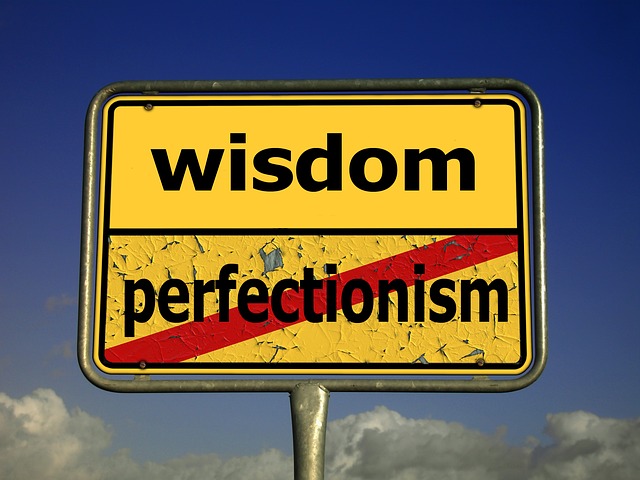by Kristin Fontaine
Nearly 2 years ago, during the last General Convention I learned a phrase that I have found very useful in my life: Perfect is the enemy of good. In the context of General Convention the quote was intended to point out that, with some legislation, the desire for perfection in wording can lead to nothing getting done at all.
Sometimes that drive for perfection comes from a sincere desire make something the best it can be. Sometimes the push for perfection masks a desire to kill all initiative.
My most recent experience with perfect being the enemy of good came in the form of spiraling expectations of myself.
After the 2016 presidential elections, I resolved to become more politically active. I succeeded in getting in the habit of reading the news intentionally, making donations to organizations and candidates, writing informational posts for groups I belonged to, learning more about social justice, and of calling and writing my state and federal legislative members about issues of concern to me.
This success lead me to increase not only how active I was but the quality of my activism. For example, instead of just calling when I was awake and leaving a message*, I tried setting aside time to call during normal business hours.
I made other resolutions about improving the ‘quality’ of my activism. I put quality in quotes because I was the only one who was judging that quality. I have learned before that just about any non-violent activism is better than doing nothing but somehow the sneaky competitive streak that wells up in me from time-to-time decided that I needed to do better and better as I went along.
My competitive streak has gotten me into trouble before. I’m good at a fair few things but not great at any one thing but I have a dysfunctional desire to win. Over my 48 years on this earth that desire has damaged relationships with my nearest age brother, made it no fun to play games of skill (or sometimes even luck) with me, and generally wound up leaving me feeling inadequate.
I have learned to avoid competition, and when I can’t, to laugh at myself when I find my anxiety rising and my stomach churning. So when I roll a bowling ball into the gutter, or make a bad play in Pinochle I to try to let go of that desire to be the best; of that dysfunctional feeling that it is my right to do well, and of the echoing feeling of disappointment when I do poorly or when I lose.
However, it still sneaks up on me in the oddest ways. This time it was in the form of competition with myself, to continuously beat my previous ‘record’ of activism.
In one way it sounds like self-competition could be a way to motivate myself to do ever-better. However, in practice, I’ve found it never works that way.
Like most everyone else, I have limited energy and fair amount of everyday work and household tasks that need to get done. I only have so much time for activism and if I make increasing demands on myself for ‘more and better’ I eventually start putting off the activity all together because my goals for it exceed the time and energy I have.
This is where Perfect is the enemy of good. comes in. In my case perfect (or even ‘better’) can cause all activity to come to a halt. I stop calling, because I’m not making calls to my standards. I stop writing, because the list of things I want to write about is too large for me to manage. I forget the lesson that I learned in the past that sometimes done sloppily is better than not done at all.
Now that I’ve realized what is up with me. I’ve gone back to a simple plan that I think I can keep up with. I’m going to keep an eye on my desire for increasing perfection and give myself permission to just be good enough for today.
—-
*I’m usually asleep during most normal business hours. It’s a huge effort to have my brain working enough to call before 5pm on most days.
Kristin Fontaine is an itinerant Episcopalian, crafter, hobbyist, and unstoppable organizer of everything. Advent is her favorite season, but she thinks about the meaning of life and her relationship to God year-round. It all spills out in the essays she writes. She and her husband own Dailey Data Group, a statistical consulting company.

